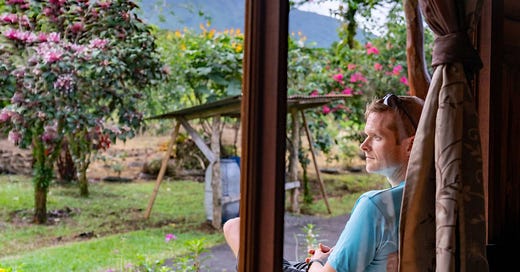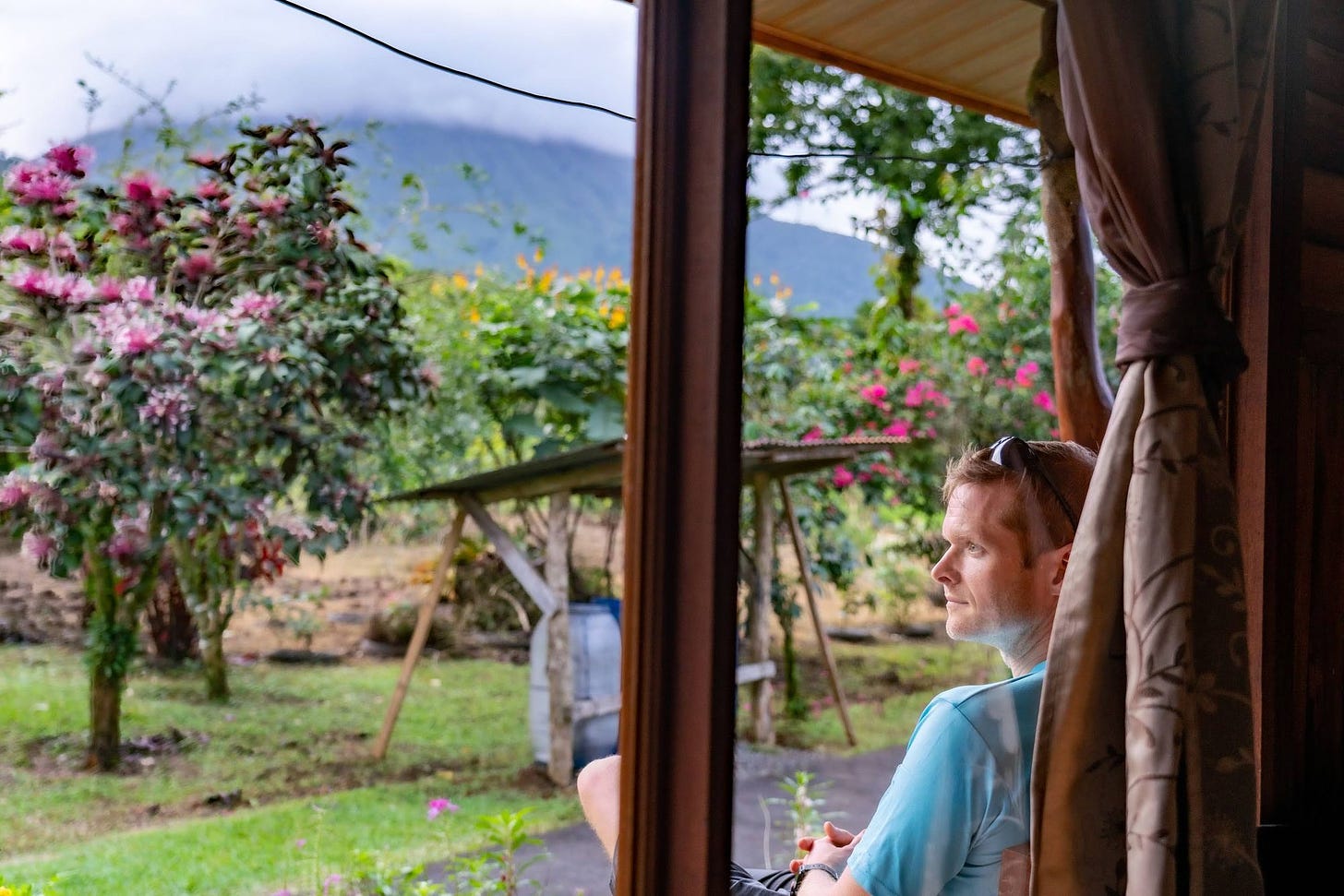Don't Miss Your Next Role! The Surprising Advantage of Using Your Brain While Job Hunting.
Job hunting isn't just about interviewing well. Getting that initial interview often takes luck, or some very specific skills.
"LOL. What tech boom?? 300 applications and not a single interview."
I read the Reddit comment, and rolled my eyes.
First, I can't imagine they were literally laughing out loud. So that LOL thing was a lame exaggeration. It drives me crazy when people say LOL and don't mean it.
Second, they were in the cscareerquestions subreddit, which meant they were most likely a software engineer. And I spent well over 10% of my time at Amazon trying to hunt down more software engineers to hire. Any decent engineer should have been interviewed by now. This was long before the recent crash, so we were hiring as quickly as we could.
I looked up their Reddit history. They were indeed a software engineer. And it looked like they had been out of a job for a few months, after their previous startup went out of business.
Since I was at work, it felt I could justify it as a work activity if I reached out. I messaged the unfortunate engineer, and asked them if they'd like some help. They wrote back quickly, eagerly accepting.
Once I was able to email them, I asked for their resume, and information on where they were applying. It soon became clear that they were clueless.
Their resume was horrible.
"Junior Software Engineer" was their title. What type of startup calls a software engineer a junior software engineer?
Their work said things like, "Updated text files" and "Checked email". Yes, checking email was part of their work history.
The few technologies mentioned were simply acronyms, and Google couldn't find them. Likely internal technology at the startup.
Their method of application was no better. They took their resume, mass selected all job openings, and would just apply to every opening once a week. No targeting. No customization of the resume. No messaging. They just bulk applied to jobs, and then went back to playing video games. And were surprised they weren't getting traction.
They were lucky that I liked this kind of work. I walked them through the steps I'll explain below, getting their resume updated, and talking them through how to reach out to companies. I also handed their resume to a peer who was behind on their hiring goals. I got the loop moving forward.
A few weeks later?
Tada! The engineer could now proudly say that they failed an Amazon interview. Yeah. Not everyone's going to succeed.
Although in this case, I helped the engineer with their application process, and around 4 weeks later, they were hired at a different company.
While job hunting and applications don't guarantee you a role, they greatly increase your chances of getting the role you want.
Carefully hunt down the right job.
The entire approach I'm going to suggest is about quality, not quantity.
This means that you don't want to mass apply to every job. Don't play the numbers game, hoping to get lucky. Play the quality game.
This means that you carefully read the job descriptions. Most of the time, the hiring manager is the one who wrote the job, and they'll put clues in the job description regarding what you'll be doing, and what they're looking for.
Does the job repeatedly mention working with customers? You'll want to emphasize any experience you have working directly with customers.
What you want to identify is the things which are unique for that role, vs other roles of the same title. Most software engineering jobs (for example) would say something like "self-starter" or "delivery focused" or other cute words which mean nothing.
What you want to look for is unique information which gives you a clue for how to customize your resume, how to reach out to employes there, and eventually the message you send in your interview.
"You would work for the VP of engineering, and coordinate with your peers in the design and product groups."
Ok great. We just learned that their organization is functionally split between engineering, design, and product. It sounds like you'll need to work between those groups to get stuff done.
Now you'll want to emphasize in your resume that you love working closely with your product and design peers. When you have an opportunity to talk to the designer and product employees during the interview process, you'll want to appear to be a great leader who would listen to them. Why? Because after reading that job description, you know that the design and product leaders will have a say in the hiring process.
Instead of picking 30 jobs to apply to, what you want to find is a few jobs you're excited about, and focus on winning those roles.
Connect with hiring managers and recruiters on LinkedIn.
Don't wait until the day you plan to apply for jobs. This is a long-term investment.
Don't just hit the connect button. That's a good way to get ignored. And don't just flop out a message looking desperate. For example:
"Hi, I'm a software engineer. I was laid off recently, and I need a new position. Do you have openings?"
That's a quick way to get your message tossed in the trash.
Instead, you need to write purposeful direct communications to build contacts. Be precise with who they are, who you are, and why you'd like to connect. Even if they don't have openings right now, you want to build a long-term connection.
"I love Calendly as a product. The UX is simple, and everyone who uses the tool seems to enjoy it. I'm a software engineer looking to work at Calendly someday. I'd love to connect if you're open to it!"
If I was a hiring manager or a recruiter reading that, I'd be hard-pressed to ignore you. Even if I didn't have openings right now.
If they respond that they don't have openings right now, keep in mind that your primary goal is to build contacts, not to immediately get a job.
"No openings now? That's fine! If you have an opening someday, please let me know! Otherwise, I'll plan on checking in occasionally to see if things have changed!"
If you get a connection with a company you'd like to work for, I'd suggest waiting a few days (to make this less transactional), and then reach out to see if you'll have any luck.
"Hey there! I saw there was an interesting open position in the art department, for a graphics designer. I'm quite interested in the role. Is there any chance you know who manages that role, or how I could get in touch with the hiring manager? I'd greatly appreciate any help!"
Again, it's a friendly message, which I'd probably reply to.
Connections with people you know in real life are great, but these connections you build online can still get your foot in the door, if you don't botch the approach.





